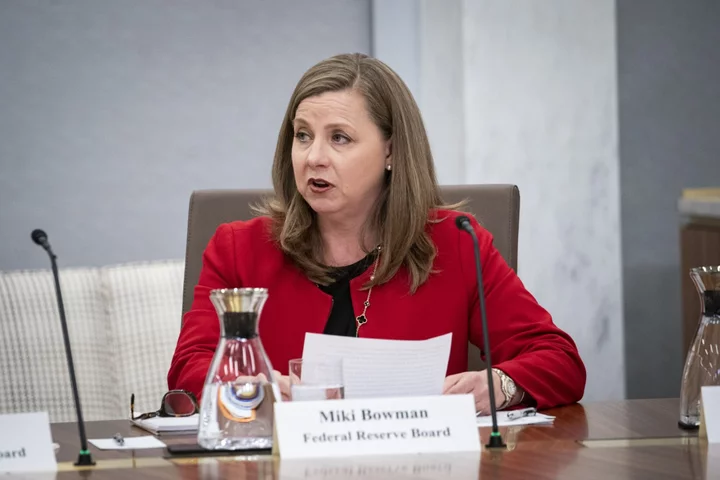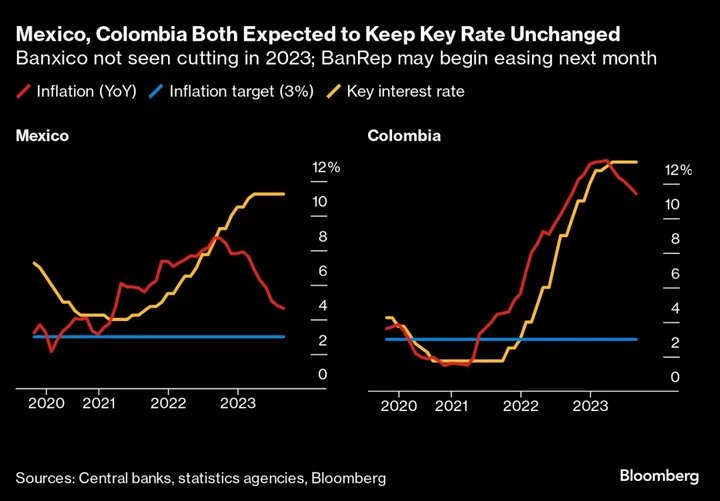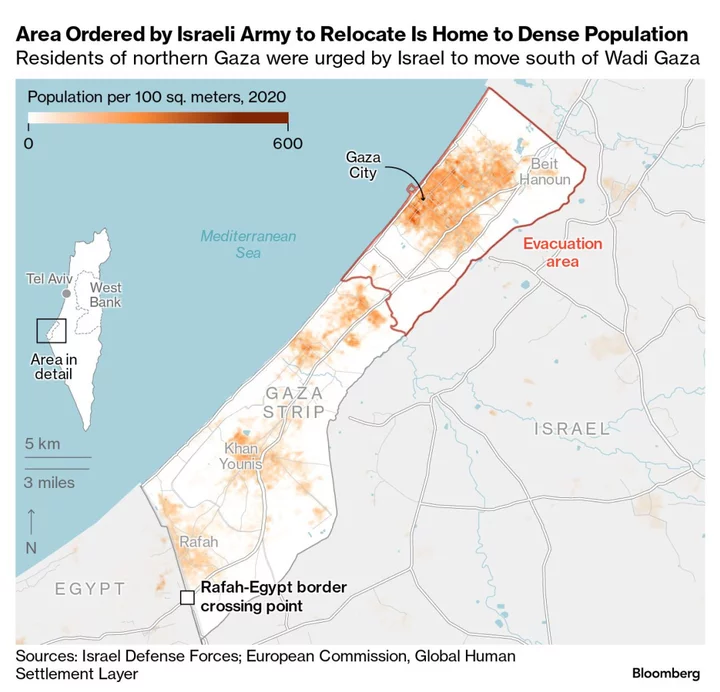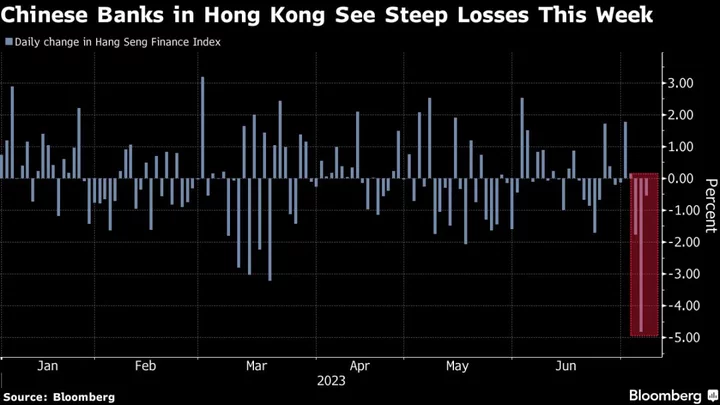Policy uncertainty in South Africa eased in the third quarter after better-than-expected economic growth data and as inflation eased to within the central bank’s target range.
The Policy Uncertainty Index compiled by the North-West University Business School fell to 71.8 in the three months through September, from a record 76.2 in the second quarter, the institution said in a statement on Monday. The baseline for the index is 50.
Uncertainty diminished after data showing the economy expanded by a better-than-expected 0.6% in the second quarter and inflation eased to 5.4% in June — within the central bank’s 3%-6% target range. Other sources of potentially positive news included closer collaboration between business leaders and the government on energy, logistics and crime, and South Africa’s successful hosting of the BRICS summit in August.
Still, the country faces a high degree of “volatility and uncertainty” in its growth dynamics, given ongoing power cuts and the strain that household finances are under, NWU said. Also weighing on sentiment is the renewed deterioration in South Africa’s public finances and uncertainty about how this will be managed when Finance Minister Enoch Godongwana presents his mid-term budget on Nov. 1, it said.









